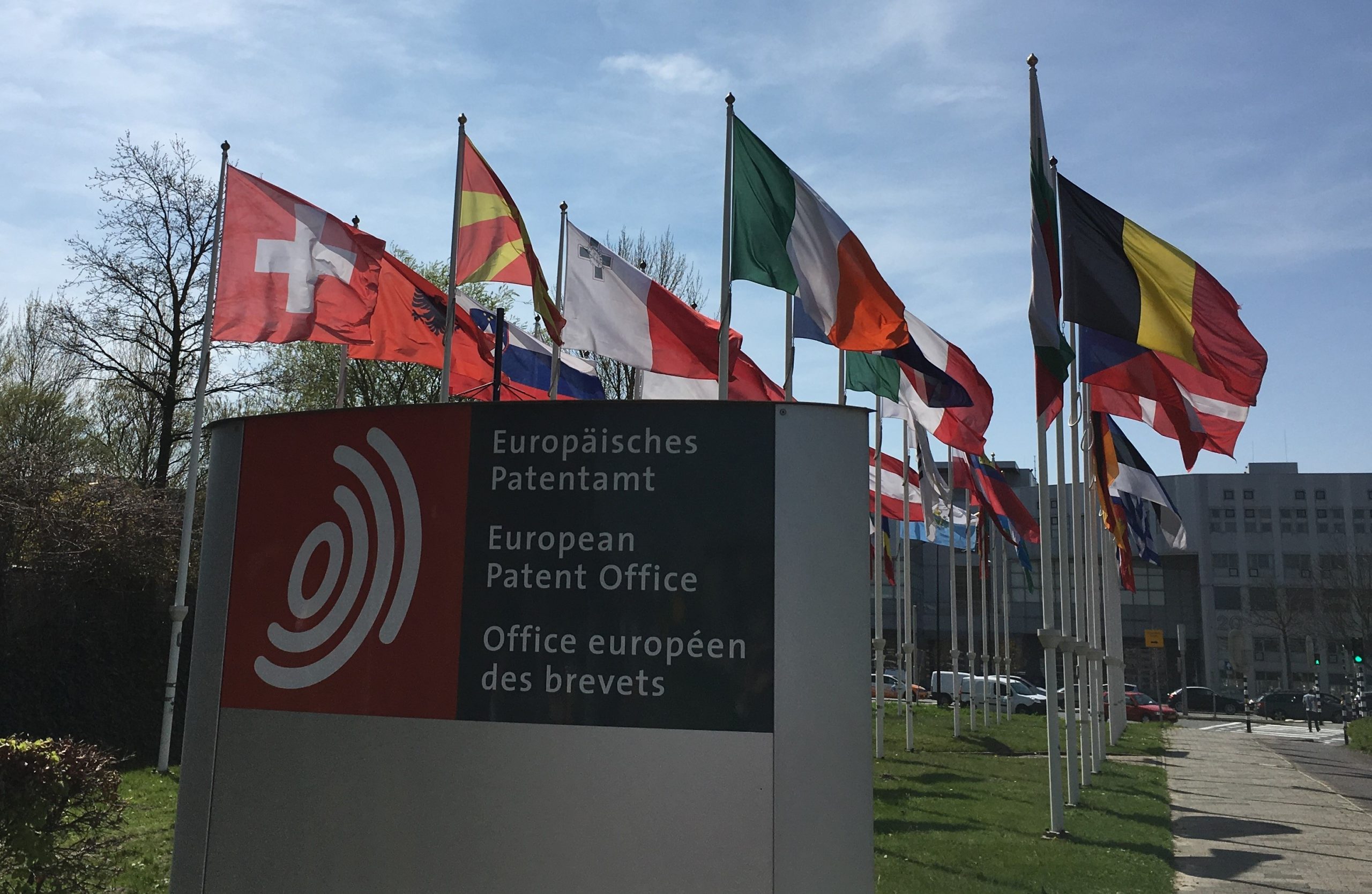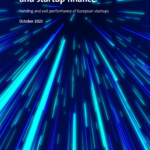
In our latest article, Two IP patent attorney Dr Coreena Brinck brings us up to date with latest changes at the EPO following a recent decision related to Priority Claiming.
The European Patent Office Enlarged Board of Appeal (“EboA”) recently handed down a joint decision on two cases, G1/22 and G2/22, that could make challenging the right to claim priority much harder at the EPO. It may also have a similar effect on priority claim challenges at the Unified Patent Court for proceedings involving unitary patents obtained via the EPO and for proceedings involving nationally validated EP patents brought before the UPC or national courts.
A priority right allows a patent application to benefit from an earlier patent application’s filing date when assessments are made regarding what prior art is relevant for novelty and inventiveness. If a document is found which was published within the priority year, the maximum time period for which priority can be claimed, attacking the priority right can mean the difference in a patent dispute between winning and losing.
The legal right to claim priority is, however, separably assignable from any rights to a patent for an invention. It is not unusual to file a patent application and later confirm the assignment of the right to an invention (including the right to claim priority) with a confirmatory agreement between the inventor(s) and the patent applicant(s). If there are changes in the inventor(s) or applicant(s) during the priority year, the right to the invention and to claim priority should be assigned to the new applicant(s) before any subsequent applications needing to claim priority are filed.
Handling issues like this is bread and butter work for patent attorneys providing, of course, they are made aware of any changes in sufficient time so that the right to claim priority is executed before the end of the priority year. The EPO decisions on G1/22 and G2/22 do not change how important it is to keep your patent attorney informed of any change of ownership or company structure so all necessary assignments are executed within the priority year. This ensures that the right to claim priority has been assigned in good time and can be validly claimed.
The specific circumstances around G1/22 and G2/22 address some of the problems with priority which may arise where the applicants change during the priority year and an international PCT patent application is filed with different applicants for different states. The appeals to the EboA which resulted in the decisions set out in G1/22 and G2/22 were requested by two EPO technical BoAs hearing cases T1513/17 and T2719/19 (OJ EPO 2022/A92). In these two cases, the EPO Opposition and Examining Divisions had to decide if the priority claim for the disputed patents was invalid. The inventors were named as applicants in a US patent application. In a subsequent PCT application, as was common at the time it was filed, the inventors were also named as applicants but only for the US, with the European applicants being separately designated. As there was intermediate prior art being used to attack the validity of the patents, making the priority claim vital, the European applicants sought to imply there was an assumption of an assignment of the priority right by virtue of the inventors being named as applicants for the US in the PCT patent application from which the EP patent application was derived. If successful, this could allowed them to benefit from the EPO approach when there are co-applicants designated in a subsequent EP filing application claiming priority from an earlier application that there is an assumed agreement between the applications to jointly claim priority.
The EP technical divisions hearing the oppositions referred to the Enlarged Board of Appeal on the following questions:
I. Does the EPC confer jurisdiction on the EPO to determine whether a party validly claims to be a successor in title as referred to in Article 87(1)(b) EPC?
II. If question I is answered to the affirmative:
Can a party B validly rely on the priority right claimed in a PCT-application for the purpose of claiming priority rights under Article 87(1) EPC in the case where
- a PCT-application designates party A as applicant for the US only and party B as applicant for other designated States, including regional European patent protection and
- the PCT-application claims priority from an earlier patent application that designates party A as the applicant and
- the priority claimed in the PCT-application is in compliance with Article 4 of the Paris Convention?
These were answered as follows:
I). European Patent Office is competent to assess whether a party is entitled to claim priority under Article 87(1) EPC.
There is a rebuttable presumption under the autonomous law of the EPC that the applicant claiming priority in accordance with Article 88(1) EPC and the corresponding Implementing regulations is entitled to claim priority.
II). The rebuttable presumption also applies in situations where the European patent application derives from a PCT application and/or where the priority applicant(s) are not identical with the subsequent applicant(s).
In a situation where a PCT application is jointly filed by parties A and B, (i) designating party A for one or more designated States and party B for one or more other designated States, and (ii) claiming priority from an earlier patent application designating party A as the applicant, the joint filing implies an agreement between parties A and B allowing party B to rely on the priority, unless there are substantial factual indications to the contrary.
What does this mean in practice?
These decisions raise the bar for providing evidence challenging that the right to claim priority was not effectively assigned in quite specific circumstances. Good practice remains executing all necessary assignments to the invention and of the priority right as soon as possible in the priority year.
If you would like support from our experienced patent attorneys to understand how this change could affect you, contact us via our website here.





